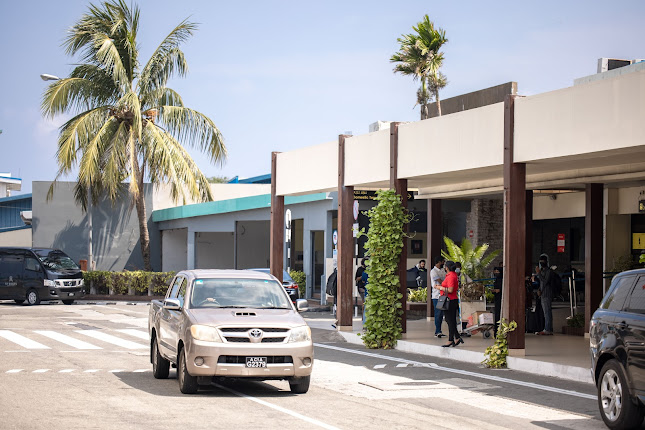During a heat wave, it's crucial to take certain precautions to protect yourself from heat-related illnesses and stay safe. Here are some important "do's" and "don'ts" to follow:
Do:
- Stay hydrated: Drink plenty of water and fluids throughout the day, even if you don't feel thirsty. Avoid excessive consumption of caffeinated or alcoholic beverages as they can contribute to dehydration.
- Stay cool: Spend time in air-conditioned environments such as shopping malls, libraries, or community centers. If you don't have access to air conditioning, use fans, take cool showers, or use damp towels on your body to lower your body temperature.
- Dress appropriately: Wear lightweight, loose-fitting, and light-colored clothing that allows air circulation. Protect yourself from the sun by wearing a hat and sunglasses and using sunscreen.
- Limit outdoor activities: Try to limit your time outdoors, especially during the hottest hours of the day, typically between 10 am and 4 pm. If you must be outside, seek shade and take frequent breaks in cool or air-conditioned areas.
- Check on vulnerable individuals: Keep an eye on elderly people, young children, and those with chronic illnesses, as they are more susceptible to heat-related illnesses. Make sure they are staying cool and hydrated.
- Use proper ventilation: If you're indoors without air conditioning, use fans or open windows and doors to promote airflow. Use caution if the air quality is poor due to pollution or wildfires.
- Be aware of heat-related illnesses: Familiarize yourself with the symptoms of heat exhaustion (heavy sweating, weakness, dizziness, nausea) and heatstroke (high body temperature, confusion, loss of consciousness). Seek medical attention if you or someone else experiences these symptoms.
Don't:
- Don't leave children or pets unattended in vehicles: The temperature inside a parked car can rise to dangerous levels rapidly, leading to heatstroke and death. Always take your children and pets with you when you leave the car.
- Don't exert yourself excessively: Avoid strenuous activities, especially in direct sunlight. If you need to exercise, do it during cooler parts of the day or move your workout indoors.
- Don't rely solely on fans: While fans can provide some relief, they are not as effective in extreme heat. If possible, use air conditioning or seek cooler environments.
- Don't ignore warning signs: Pay attention to heat advisories or warnings issued by local authorities. Take them seriously and follow any recommendations or instructions provided.
- Don't overeat heavy meals: Large, heavy meals can increase metabolic heat production and make you feel more uncomfortable. Opt for lighter, more frequent meals that are easier to digest.
- Don't forget about your pets: Make sure your pets have access to shade, fresh water, and a cool environment. Avoid taking them for walks on hot pavement, as it can burn their paw pads.
Remember, everyone's tolerance to heat varies, and it's important to listen to your body. If you feel unwell or notice any signs of heat-related illness, seek medical attention promptly.








No comments:
Post a Comment